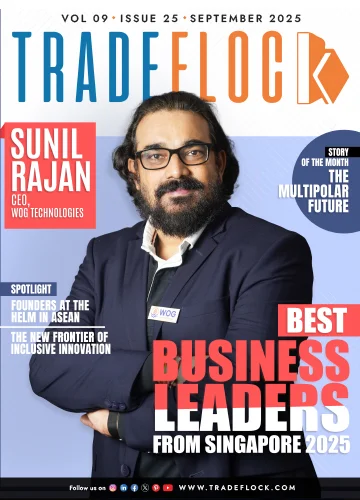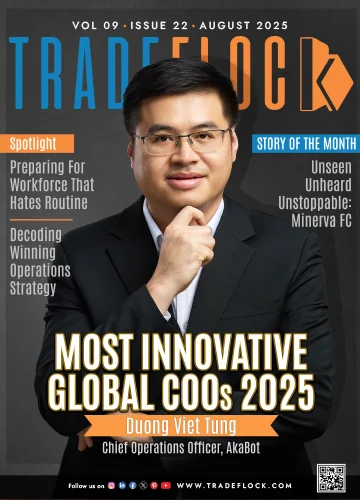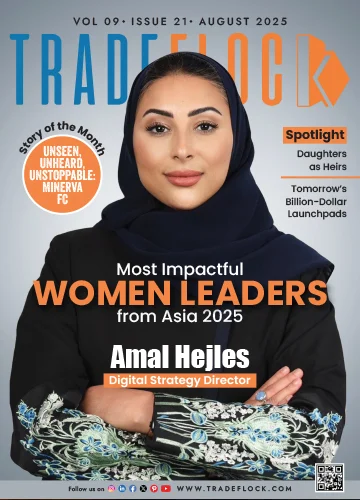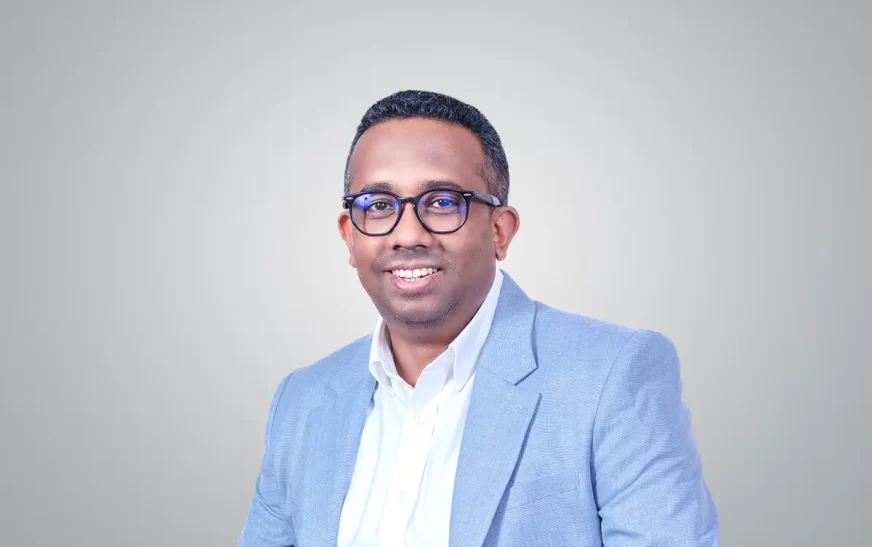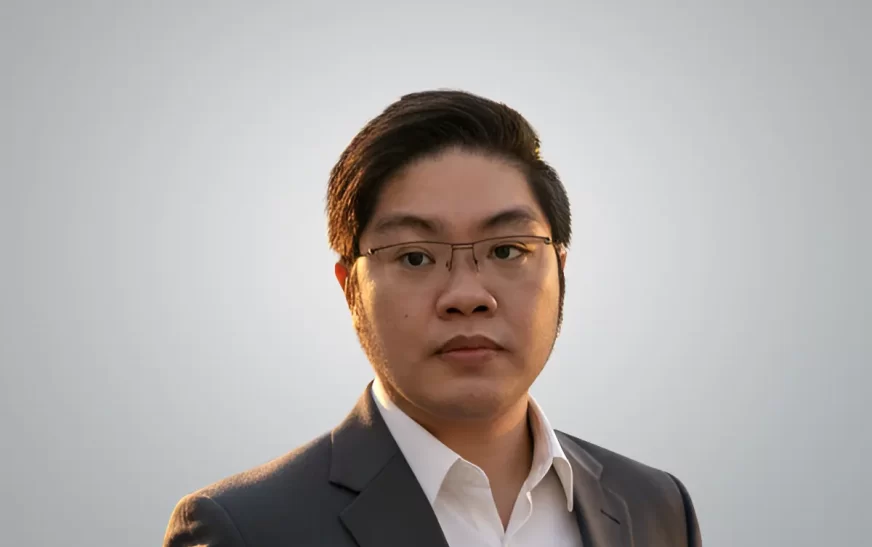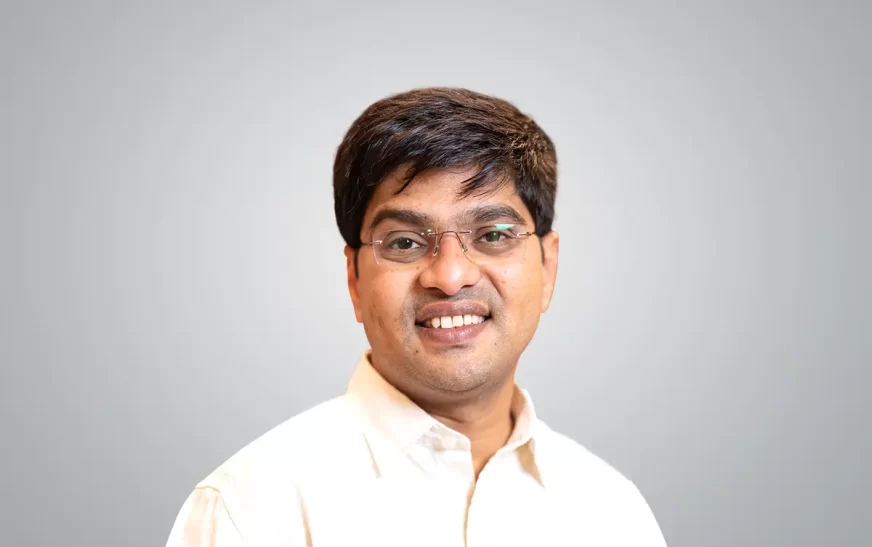
Turning Complex AI Into Ethical Business Impact
Mahesh Devalla
Chief Technology Officer
PlayersHealth
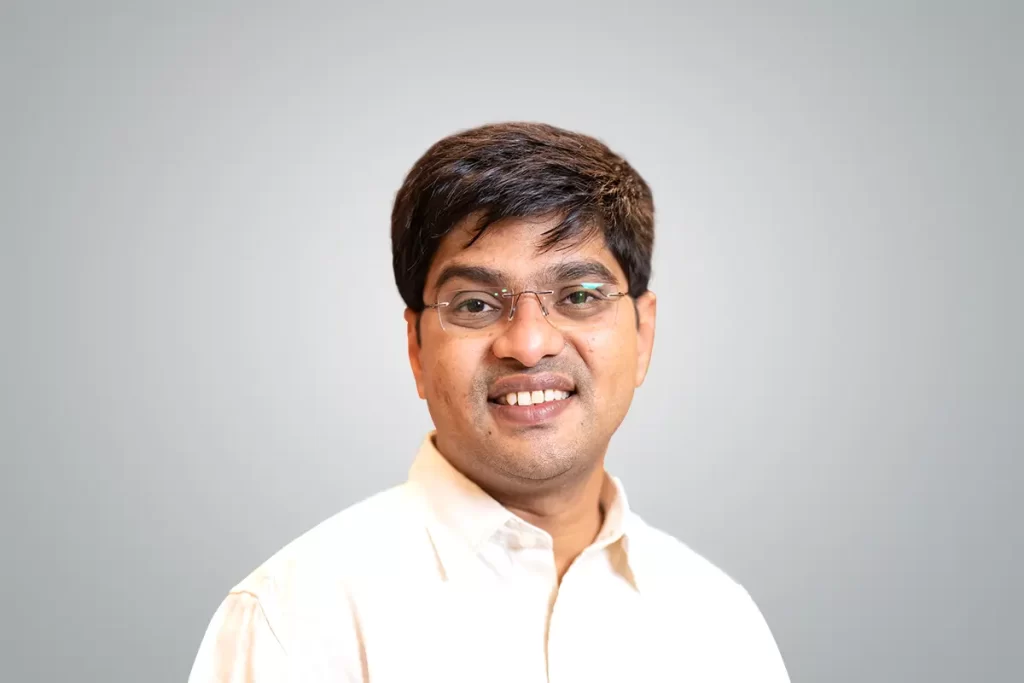

Turning Complex AI Into Ethical Business Impact
Mahesh Devalla
Chief Technology Officer
PlayersHealth
Mahesha Devalla - Most Visionary Tech Leaders 2025
Artificial intelligence has moved from hype to hard reality, transforming how businesses innovate, scale, and compete. The technology is no longer just about automating tasks; it is about reimagining entire industries and creating new sources of value. Redefining the possibilities with AI is Mahesh Devalla, Chief Technology Officer of PlayersHealth. He is recognized as CTO of the Year and ranked among the Top AI 100 Leaders and a Dartmouth alumnus. Over the past decade, he has helped architect enterprise-scale AI platforms at organizations such as Citi, Bank of America, American Water, and Hexagon, consistently turning complex visions into business impact. His career blends engineering precision with strategic foresight, enabling billion-dollar enterprises to adopt AI responsibly and at scale. Today, as Chief Technology Officer of Players Health, he is pioneering technologies that safeguard athletes while driving growth. In an exclusive conversation with TradeFlock, he reflects on the future of AI, leadership, and responsible innovation.
You call yourself someone who turns complex AI visions into billion-dollar realities. What was the turning point?
The true inflection point in my journey came when I was leading an AI initiative for a large-scale transformation. Many believed the problem was too complex and the timelines far too ambitious. I chose not to retreat but to anchor myself in clarity of vision, disciplined execution, and the collective strength of diverse perspectives. What was once dismissed as unrealistic became a working solution that fundamentally reshaped how the business operated. That experience affirmed for me that bold ideas, when pursued with courage and precision, can be transformed into billion-dollar realities. On a personal level, that moment also tested my resilience. There were nights when doubt felt heavier than vision, yet I learned that leadership is not about having all the answers but about showing up with conviction even in uncertainty. From then on, I nolonger viewed AI as a collection of algorithms. I began to see it as a force capable of reimagining industries and unlocking human potential. That realization continues to guide how I innovate and lead today.
What’s the biggest gap in India’s AI ecosystem, and how can it be fixed?
The greatest gap I see is not in talent or ambition but in the ability to scale. Many startups build remarkable prototypes, yet they struggle to transition into sustainable businesses that can compete globally. What is often missing is the bridge between innovation and disciplined execution. This very theme is central to my book The AI Dilemma: Why Businesses Fail to Embrace AI, where I share insights on why businesses struggle with adoption and what it takes to turn ideas into lasting impact. I continue expanding on these ideas through my platforms ai-brief.com and maheshdevalla.com, which serve as spaces to connect with innovators, leaders, and visionaries across the globe. I believe this gap can be closed by fostering stronger mentorship, creating ecosystems that encourage collaboration over isolation, and ensuring access to capital that rewards long-term vision rather than short-term gains. My mission is to help the next generation of innovators think globally from day one, so their impact is not confined to a local market but felt across industries worldwide.
"The most challenging decisions are often the ones where speed collides with responsibility"
When did your vision challenge convention and create a breakthrough?
One example that stands out was when I proposed using AI not as a tool to optimize existing workflows but as the foundation technology to reimagine them entirely. At first, there was resistance because it meant abandoning long-held assumptions about how the business should operate. I pushed forward with conviction, demonstrating that technology could be more than an incremental improvement. The solution we delivered not only outperformed expectations but also changed the narrative within the organization, proving that disruption is often the path to lasting value.
That experience reinforced my belief that true leadership lies in the courage to challenge norms, even when the easier path is to conform.
What was your toughest decision as CTO on responsible adoption?
The most challenging decisions are often the ones where speed collides with responsibility. I once had the option to accelerate an AI deployment that could have created immediate business value, but I recognized the potential risks in fairness and transparency. Choosing to delay was unpopular in the short term, yet it was the right decision for the long term.
That moment taught me that leadership is not about choosing what is convenient but about safeguarding trust. Responsible adoption requires us to balance innovation with ethics, ensuring that the pursuit of progress never comes at the cost of integrity.
How do you stay ahead of fast-moving tech while staying ethical?
I stay at the forefront by combining two practices: constant learning and conscious reflection. I immerse myself in emerging technologies, research, and global dialogues, but I also step back to ask how each breakthrough aligns with human values. That balance ensures that I am not just adopting new tools, but shaping them in ways that serve society responsibly. I balance this with deliberate reflection, asking not only whether a technology can be built but whether it should be built. That discipline helps me approach innovation with both excitement and restraint. Writing my book, The AI Dilemma: Why Businesses Fail to Embrace AI, was a deeply personal part of this journey. It gave me the space to reflect on my own experiences and articulate why responsibility must travel alongside progress. I continue that dialogue through ai-brief.com and maheshdevalla.com, not as abstract ideas but as lived practices that shape how I lead and how I encourage others to adopt technology. For me, innovation without ethics is incomplete, and progress without humanity is never true progress.

